The central theme of the book is the changing paradigms of conflict and conflict resolution after the events of September 11. It also considers options for the South Asian countries to respond to challenges which they face in the dichotomy of US-led war against terrorism, the relevance of peace process and confidence-building measures in order to resolve inter and intra-state conflicts in the region. Paradigms of conflict resolution are passing through a transitory phase but it is a temporary phenomenon. Once the world overcomes the implications of September 11 events, the emergence of new trends in global order may help stabilise the situation. But, one can also expect a situation in which neither the international system, nor the state, or group, society and individuals will be able to cope with the issue of terrorism or other destabilising factors in global order. In the debate between the relevance of traditional and non-traditional paradigms of conflict and conflict resolution, the fundamental question arises about awareness and a sense of understanding among people on issues that cause conflict and strategies which can help unleash the process of conflict resolution. The predicament we face today is the futility of diplomacy and negotiations to avert or manage a conflict. The recent US-led attacks and occupation of Iraq point to the inability of conflict resolution managers to play their role in restraining the use of force. If an alternate paradigm of conflict resolution is evolved by the non-western thinkers and analysts, the foremost question which will be raised is about the ability and capacity of alternate paradigms to establish a viable influence on global power structure. But since injustices tend to heavily influence existing paradigms of conflict and conflict resolution, one can ponder if viable alternate paradigms could be formulated.
Paradigms of Conflict Resolution in South Asia
by Moonis Ahmar
$27.90
$31.00
In stock
Free & Quick Delivery Worldwide
All orders amounting to US$ 50 or more qualify for Free Delivery Worldwide. For orders less than US$ 50, we offer Standard Delivery at $14 per book.
ABOUT THE AUTHOR Moonis Ahmar
Moonis Ahmar is Professor, Department of International Relations, University of Karachi, Pakistan and Director, Programme on Peace Studies and Conflict Resolution. He specializes in Conflict Resolution and Confidence-Building Measures in the regions of Central Asia, Middle East and South Asia. He is the author of two books, and five monographs he has edited the books entitled, contemporary Central Asia (Department of International Relations and Hanns Seidel Foundation, 1995), Internal and External Dynamics of South Asia Security (Karachi: Fazleesons, 1998), The CTBT Controversy In South Asia (Karachi: Department of International Relations, 2000), The Challenge of Conflict Resolution, 2001), Arab-Israeli Peace Process: Lessons for South Asia (Karachi: Oxford University Press, 2001), Paradigms of Conflict Resolution in South Asia (Dhaka: University Press Limited, 2003), The World After September 11: Challenges and Opportunities (Karachi: Program on Peace Studies and conflict Resolution, 2003). He has published his writing in, Asian Survey (Berkeley), BIISS Journal (Dhaka), Contemporary South Asia (Oxford), Central Asia (Peshawar), Eurasian Studies (Ankara), Journal of European Studies (Karachi) Pakistan Journal of American Studies (Islamabad), National Development and Security (Islamabad), Pakistan Perspectives (Karachi) Pakistan Journal of American Studies (Islamabad), Peace Initiatives (Mumbai), Regional Studies (Islamabad), South Asian Studies (Lahore), Strategic Studies (Islamabad) and World Affairs (New Delhi). Presently he is working on a Database on Terrorism and Violent Conflicts in South Asia. He was also the Project Director of Ford Foundation/International Relations Department Research Project, "Peace by Process: Lessons for India and Pakistan from the Middle East," and has also received grants from the United States Institute of Peace, Washington DC and Ploughshares Fund, San Francisco, Higher Education commission (HEC), Islamabad and Faculty of Arts, University of Karachi. Dr. Ahmar has organized several International and National Workshops and Seminars.
reviews
0 in total
Review by Anonymous
Be the first to review “Paradigms of Conflict Resolution in South Asia” Cancel reply
You must be logged in to post a review.
Bibliographic information
Title
Paradigms of Conflict Resolution in South Asia
Author
Edition
1st ed.
Publisher
ISBN
9840516612
Length
xviii+322p., Notes; Index; 23cm.
Subjects
more by Moonis Ahmar see more
The Arab-Israeli Peace Process: Lessons for India and Pakistan
With the peace talks between ...
$23.75
$25.00
similar bookssee more
Faith & Philosophy of Christianity
$45.00
$50.00
A Cultural Hermeneusis: On Caste Culture, its Discontents and Politics of Culture
This book in three parts, ...
$20.70
$23.00

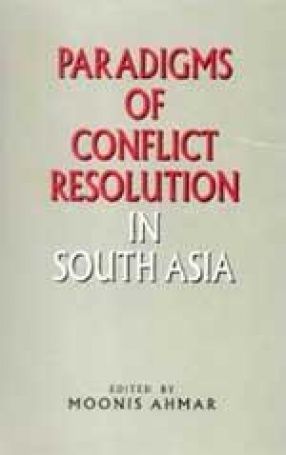
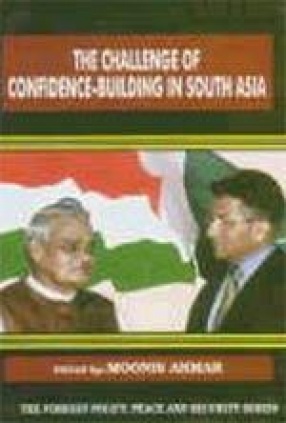
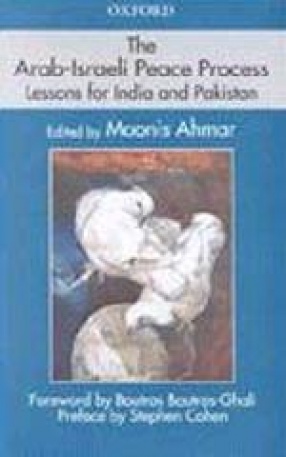
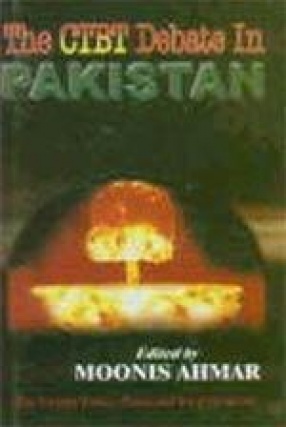

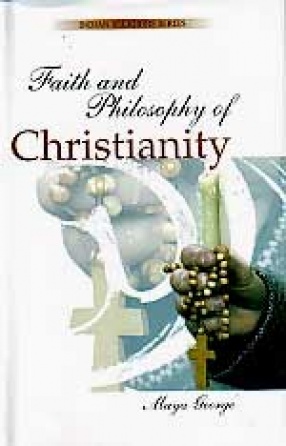
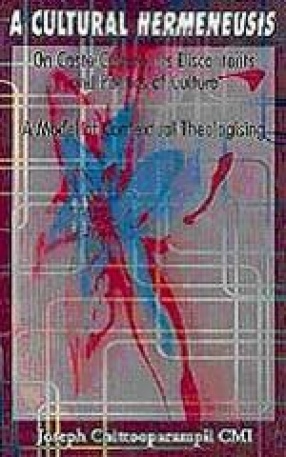
There are no reviews yet.